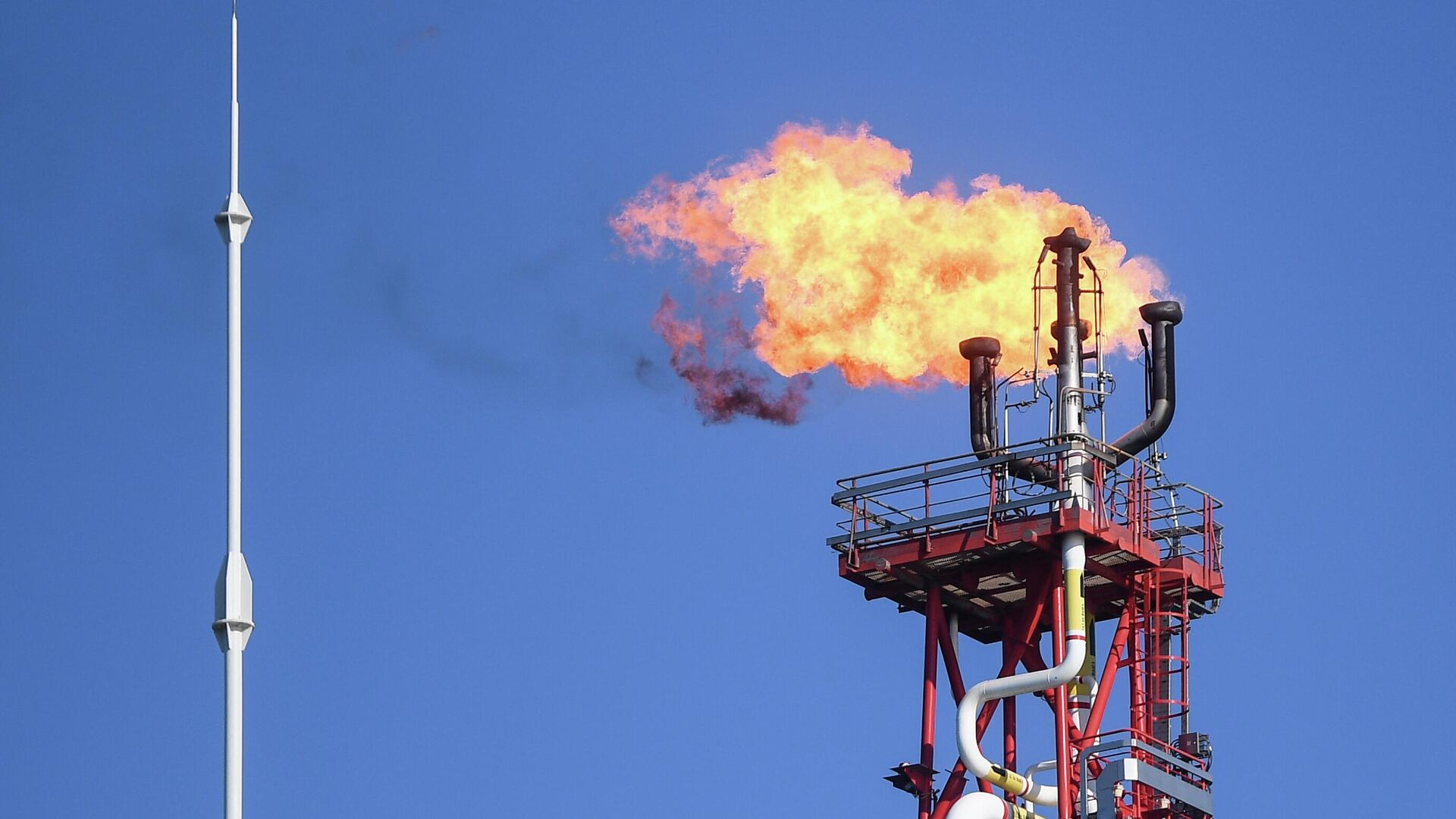https://sputnikglobe.com/20220903/g7-cap-on-russian-oil-prices-likely-to-boomerang-hit-western-investors-hard-experts-say-1100343230.html
G7 Cap on Russian Oil Prices Likely to Boomerang, Hit Western Investors Hard, Experts Say
G7 Cap on Russian Oil Prices Likely to Boomerang, Hit Western Investors Hard, Experts Say
Sputnik International
WASHINGTON, (Sputnik) - Price caps on Russian global oil exports announced by the Group of Seven (G7) major industrialized countries will likely only hurt... 03.09.2022, Sputnik International
2022-09-03T16:07+0000
2022-09-03T16:07+0000
2022-11-15T14:20+0000
world
russia
g7
europe
oil
https://cdn1.img.sputnikglobe.com/img/07e6/09/02/1100302830_0:104:2763:1659_1920x0_80_0_0_bf83ce5efdbb854a0c5b079481b3943d.jpg
On Friday, the G7 finance ministers agreed to introduce a price cap for Russian oil. The price cap will take effect on December 5 for crude oil and on February 5, 2023, for refined products coming from Russia.Over the past months, the sanctions imposed by the West on Russia in retaliation for its military operation in Ukraine sent food and energy prices soaring, triggering record-high inflation in some countries.Former merchant banker, business analyst and economic historian Martin Hutchinson said the G7 oil price cap will have the same counterproductive impact as previous sanctions on Russia.He also argued that resulting price rises from the oil cap will end up compensating for volume declines.Moreover, he added, the G7 states have no control over the policies of heavy oil consumers like China and India, nor the major energy producers of the Middle East.And, far from damaging the Russian economy, Western efforts to economically punish Moscow have benefited its foreign earnings instead by driving global oil prices far higher, Hutchinson observed.Levy Economics Institute of Bard College Research Associate Marshall Auerback believes the reactive new policy comes way behind global developments.Independent Institute Center for Peace & Liberty Director Ivan Eland, recalling how previous government attempts to artificially influence global markets failed disastrously, said "price controls never work."
russia
Sputnik International
feedback@sputniknews.com
+74956456601
MIA „Rossiya Segodnya“
2022
Sputnik International
feedback@sputniknews.com
+74956456601
MIA „Rossiya Segodnya“
News
en_EN
Sputnik International
feedback@sputniknews.com
+74956456601
MIA „Rossiya Segodnya“
Sputnik International
feedback@sputniknews.com
+74956456601
MIA „Rossiya Segodnya“
russia, g7, europe, oil
G7 Cap on Russian Oil Prices Likely to Boomerang, Hit Western Investors Hard, Experts Say
16:07 GMT 03.09.2022 (Updated: 14:20 GMT 15.11.2022) WASHINGTON, (Sputnik) - Price caps on Russian global oil exports announced by the Group of Seven (G7) major industrialized countries will likely only hurt Western investors after energy costs go soaring, analysts told Sputnik.
On Friday, the G7 finance ministers agreed to introduce a price cap for Russian oil. The price cap will take effect on December 5 for crude oil and on February 5, 2023, for refined products coming from Russia.
Over the past months, the sanctions imposed by the West on Russia in retaliation for its military operation in Ukraine sent food and energy prices soaring, triggering record-high inflation in some countries.
Former merchant banker, business analyst and economic historian Martin Hutchinson said the G7 oil price cap will have the same counterproductive impact as previous sanctions on Russia.
"So far sanctions on Russia have been hell for innocent Western investors, whose Russian assets have been frozen, but have had zero effect on Russia," Hutchinson said.
He also argued that resulting price rises from the oil cap will end up compensating for volume declines.
Moreover, he added, the G7 states have no control over the policies of heavy oil consumers like China and India, nor the major energy producers of the Middle East.
"The oil will flow to China and India, and Middle East oil at a higher price will flow to Europe and the US," he said. "It's fatuous."
And, far from damaging the Russian economy, Western efforts to economically punish Moscow have benefited its foreign earnings instead by driving global oil prices far higher, Hutchinson observed.
Levy Economics Institute of Bard College Research Associate Marshall Auerback believes the reactive new policy comes way behind global developments.
"A classic case of closing the barn door after the horse has bolted," Auerback told Sputnik. "Owing to slowing economic growth and a downshift in oil’s intensity of use since around 2016, the secular trend in oil demand globally and in the United States is far weaker than the International Energy Agency (IEA) and the US Energy Information Agency (EIA) and hence the market thinks."
Independent Institute Center for Peace & Liberty Director Ivan Eland, recalling how previous government attempts to artificially influence global markets failed disastrously, said "price controls never work."


